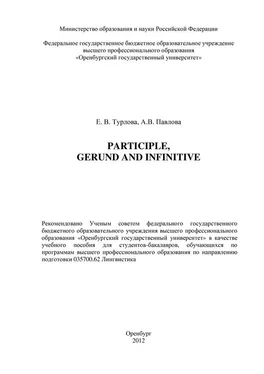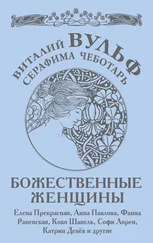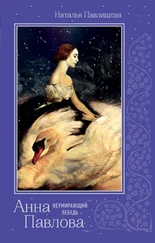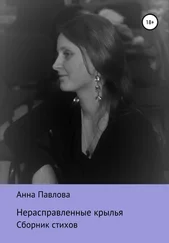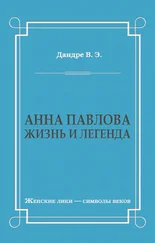Exercise 4. Read and translate the following sentences. Speak on the verbs after which complex objects with participle I are used.
1. He noticed a girl standing listlessly by a pillar and he slowed his pace. 2. I thought I saw something moving along the track. 3. But he found his traps waiting for him in the porter's lodge. 4. I opened the door with extreme reluctance and found Morton standing outside. 5. The four soldiers noticed Christian watching them. 6. She ran up the drive … and I heard her fumbling for the key. 7. From where she stood she could hear everything going on at once. 8. I heard the guards moving behind us. 9… their ears spread wide to hear the first noise that would send them rushing into the bush. 10. It set him thinking.
Exercise 5. Transform the following sentences into sentences with complex objects with participle I.
Model: I could see that Dave was still standing in the doorway. – I could see Dave standing in the doorway.
1. As Nick came up to Toby he turned and saw that Michael was watching them from the other side. 2. He found that the old man was still sitting grim in the darkness. 3. He could see that a man was standing on the pavement. 4. When he opened the window he heard how the birds were singing in the garden. 5. In a minute or two I noticed that her eyes were stealthily peeping at me over the top of the book. 6. I could feel that the room was rocking under my feet. 7. I noticed that now his eyes were resting on me with a faint smile of amusement.
2.5 Syntactic functions of Participle II
Participle II has the following functions in the sentence:
1) an attribute:
• Look at that broken cup. Посмотрите на разбитую чашку.
• Look at the cup broken by you. Посмотрите на чашку, разбитую Вами;
2) the predicative:
• Не felt disappointed. Он чувствовал себя разочарованным;
3) an adverbial modifier:
a) of time:
• When asked he always helped me.
Он всегда помогал мне, когда я его просил;
b) of cause:
• Occupied by his thoughts he didn't hear my question. Занятый своими мыслями, он не слышал моего вопроса;
c) of condition (usually with the conjunction if or unless):
• If asked he always helped me.
d) of concession (usually with the conjunction though):
• Though occupied by his thoughts, he willingly answered my question.
e) of comparison:
• Не looked at me, as if bewildered by my question. Он посмотрел на меня так, как будто был очень удивлен моим вопросом;
4) a part of the complex object:
The complex object consists of a noun in the common case or a pronoun in the objective case and participle II. The complex object with participle II is used after:
– verbs with a causative meaning (to have, to get, to make) denoting that something is done or made for the benefit of the person expressed by the subject:
• I had my hair cut. Я постриглась. (Меня постригли)
Negative and interrogative sentences are formed with the help of the auxiliary verb do.
• When did you have your hair cut?
Когда вы постриглись?
– the verb of sense perception (to see, to hear, to feel, to find):
• When I returned I found her gone.
Когда я вернулся, я обнаружил, что она ушла;
– the verbs denoting wish (to wish, to like, to want, to prefer):
• I want the letter posted at once.
Я хочу, чтобы письмо отослали почтой немедленно.
Table 5 – Syntactic functions of Participle II
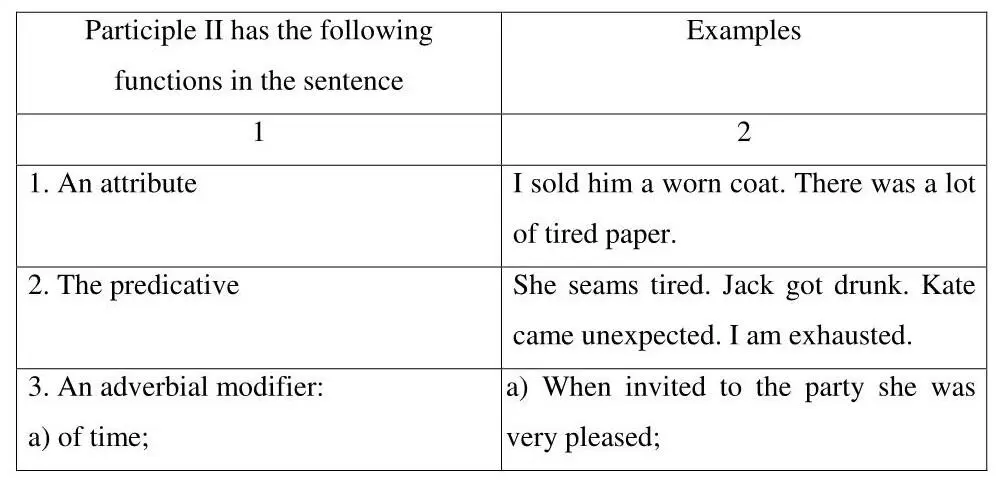
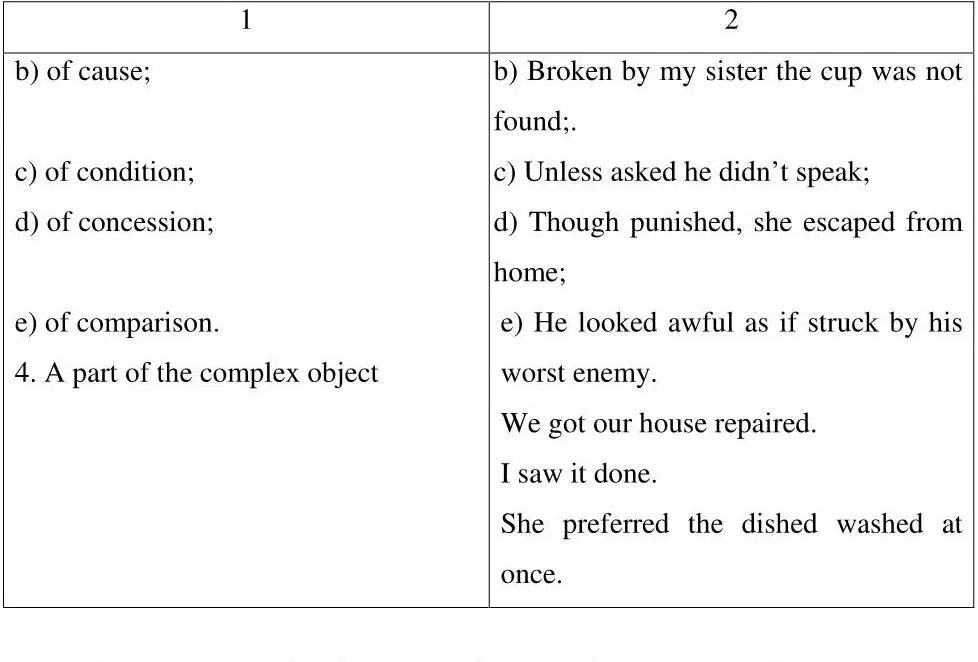
Exercise 1. Read and translate the following sentences. Pay attention to the function of participle II.
1. This speech was received with great applause, mixed with the cries of: "That's the talk!" 2. Mr. Wren, startled, dropped his hat. 3. Rosie looked round with delight at the great dark smoky house, crowded to the ceiling with the inhabitants of South London. 4. Carried away by the melody, Marie went so far as to dance a step or two herself. 5. "Let's skate again," she said, "shall we? With crossed hands." 6. He seemed calmed and at peace. 7. I took her hands in mine: she held my sprained wrist gently. 8. These two people seem extraordinary interested in Mon Repos. 9. She seemed pleased at Jane's graciousness and complimentary sayings. 10. Surrounded by difficulties and uncertainty, he longed for Christine.
Exercise 2. Complete the following sentences using participle II in the function of an attribute (A), a predicative (B), an adverbial modifier (C).
A. 1. Here is the letter… 2. Where is the article …? 3. Everyone approved of the report… 4. This is the house … 5. They reached the village…
B. 1. "I felt utterly …" 2. He looked very … 3. He was angry because his plan was not… 4. Why should you look…?
C. a) of time:
1. He was always angry when … 2. The children won't stop quarrelling until… 3. He will go on reading the book until… 4. He was always polite when…;
b) of cause:
1. He took leave of them … 2… he couldn't say a word. 3… he opened his eyes wide. 4… she dropped her eyes;
c) of condition:
1. He will tell you everything if… 2. He will read late into night if … 3. He will speak for hours on end if…;
d) of concession:
1. Though … he tried to answer the question … 2. They went on running, though …;
e) of comparison:
1. He looked up as if … 2. He stood without moving as if… 3. He kept silent as if… 4. She stared at me as if…
Exercise 3. Read and translate the following sentences. Analyze complex objects with participle II.
1. Martha pulled herself free again, and said, "I don't want to have my hair cut." 2. I'll have your things brought up and unpacked at once. 3. She found herself so much disturbed by this visit that she could hardly find tongue to answer his questions. 4. He saw the question written in her wondering ashamed face. 5. And then I heard a box kicked across the floor, and the next moment Rob came into the bedroom. 6. Harold put his hand to her face and felt it flushed. 7. When Stella comes out I shall tell her I won't have my hair cut. 8. Never, never had I heard it sung so beautifully. 9. Almost the entire school saw the box delivered and all awaited the outcome with ill-repressed anticipation.
Speech Exercises.
Exercise 4. Make up sentences, using the expressions given below. Note the diversity of the functions of participle I in the sentence.
A. 1. living on the floor above; running parallel to; standing in the shade, leading to; rolling down her cheeks, sitting quietly in the corner.
2. a) while watching TV; while skating; having arrived; having ordered; glancing up at the clock; when talking about his books;
b) having quarreled; wishing to get home in time; having nothing to do; realizing; working regularly;
c) smiling and waving her hand; glancing at each other; peering through his spectacles; frowning at her; rising politely; leaping from the taxi;
d) as if not seeing; as if trying; as if hiding; as if listening; as though admiring;
e) though approving; though looking pale; though regretting; though embarrassed; though moving slowly.
Читать дальше
Конец ознакомительного отрывка
Купить книгу
